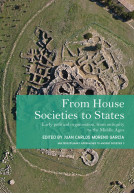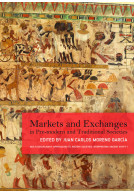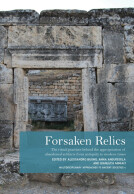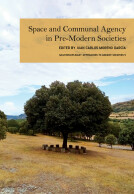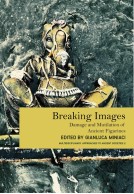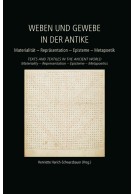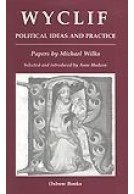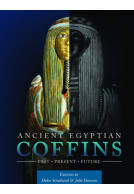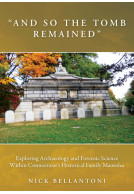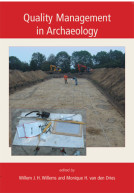From House Societies to States (Hardback)
Early Political Organisation, From Antiquity to the Middle Ages
Imprint: Oxbow Books
Series: Multidisciplinary Approaches to Ancient Societies (MAtAS)
Pages: 312
Illustrations: B/w
ISBN: 9781789258622
Published: 15th October 2022
Script Academic & Professional
(click here for international delivery rates)
Order within the next 4 hours, 2 minutes to get your order processed the next working day!
Need a currency converter? Check XE.com for live rates
The organisation and characteristics of early and ancient states have become the focus of a renewed interest from archaeologists, ancient historians and anthropologists in recent years. On the one hand, neo-evolutionary schemas of political transformation find it difficult to define some of their most basic concepts, such as ‘chiefdom’, ‘complex chiefdom’ and ‘state’, not to mention the transition between them. On the other hand, teleological interpretations based on linear dynamics, from less to increasingly more complex political structures, in successive steps, impose biased and too rigid views on the available evidence. In fact, recent research stresses the existence of other forms of socio-political organisation, less vertically integrated and more heterarchical, that proved highly successful and resilient in the long term in tying together social groups. What is more, such forms quite often represented the basic blocks on which states were built and that managed to survive once states collapsed. Finally, nomadic, maritime and mountain populations provide fascinating examples of societies that experienced alternative forms of political organisation, sometimes on a seasonal basis. In other cases, their consideration as ‘marginal’ populations that cultivated specialised skills ensured them a certain degree of autonomy when living either within or at the borders of states.
This book explores such small-scale socio-political organisations, their potential and the historical trajectories they stimulated. A selection of historical case studies from different regions of the world may help rethink current concepts and views about the emergence and organisation of political complexity and the mechanisms that prevented, occasionally, the emergence of solid polities. They may also cast some light over trajectories of historical transformation, still poorly understood as are the limits of effective state power. This book explores the importance of comparative research and long-term historical perspectives to avoid simplistic interpretations, based on the characteristics of modern Western states abusively used retrospectively.
“[A] successful and engaging edited volume that will appeal to any archaeologist or scholar interested in ancient political organization… While the individual papers certainly stand on their own, maximum effect is achieved when the volume is read as a single collection. With this, the variability among state and house societies in particular is on full display.”
BMCR - November 2023
About Juan Carlos Moreno García
Juan Carlos Moreno García (PhD in Egyptology, 1995) is a CNRS senior researcher at the Sorbonne University, Paris. He has published extensively on pharaonic administration and socio-economic history in a comparative perspective, and has organised several conferences on these topics. Recent publications include Markets and Exchanges in Pre-modern and Traditional Societies (Oxbow, 2021), The State in Ancient Egypt (2019) and Dynamics of Production in the Ancient Near East, 1300–500 BC (Oxbow, 2016). He is also co-Editor-in-Chief of the Journal of Egyptian History.







